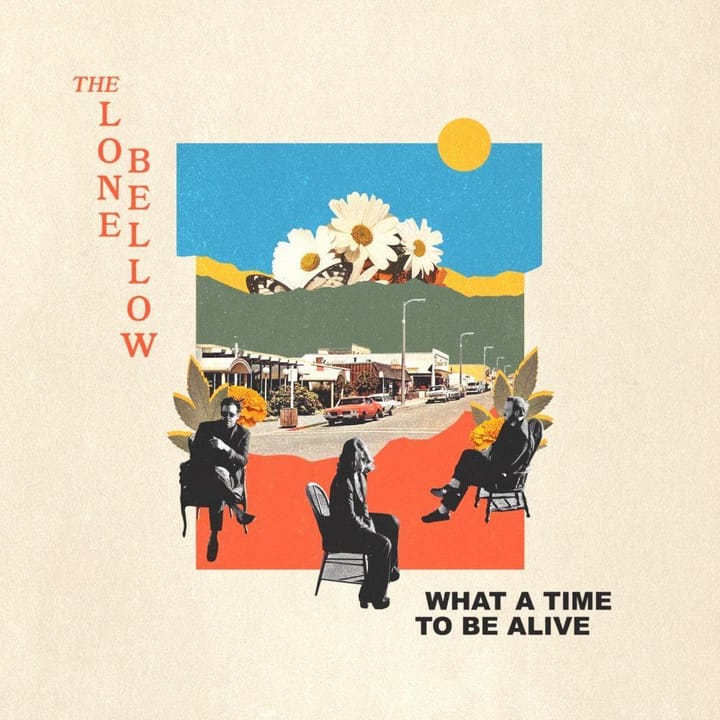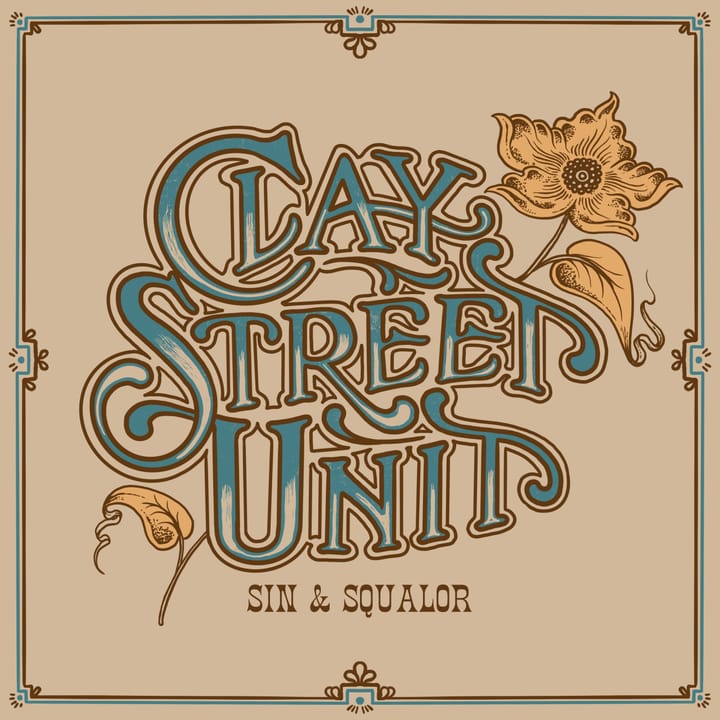Though the music on Chicago label Numero Group's latest excavation of neglected soul music is of generally high quality, there are moments when the conception is a bit thin. What makes the collection fascinating is the chance it affords listeners to hear the earliest efforts of performers such as Clarence Reid and Betty Wright, who would achieve prominence in the 1970s as architects of funk and disco with the Miami labels T.K., Glades and Alston.
Deep City was the brainchild of Willie Clarke, Arnold Albury and Johnny Pearsall, educators in the Miami-Dade public school system. Using musicians from Florida A&M University's Incomparable Marching 100 band, along with guitarist Willie "Little Beaver" Hale, the trio began recording local singers including Wright, Helene Smith and Paul Kelly. With the addition of songwriter and arranger Reid (who would emerge a few years later as the proto-rapper Blowfly), the sound became complete.
What emerged from Deep City in the mid-'60s was a series of singles that bridged the gap between older soul styles and the funkier world of artists like James Brown. Them Two's minor-key ballad "Am I A Good Man" sounds like the missing link between Bobby Bland and George Clinton's Parliament. It's almost demented in its rhythmic overstatement, and the instrumentation is odd -- flute and what sounds like a glockenspiel.
On the Moovers' "Someone To Fulfill My Needs", the guitar accompaniment is brilliant, foreshadowing later work by Miami stalwarts K.C. & the Sunshine Band. "I Don't Need Help", by Johnny K. Killens & the Dynamites, features some truly outre drum fills that a more staid soul musician -- Al Jackson Jr., for example -- would have never dared.
The standout vocal efforts here are by a very young Betty Wright, whose power is astounding. And "The Upset", by Paul Kelly (author of the '70s soul classic "Stealing In The Name Of The Lord"), is a sonic boom: a wall of horns pushed to the brink of distortion, with a relentless on-the-beat rhythm guitar. This is wild, hot stuff that demonstrates soul music's ceaseless need to reinvent itself.




Comments ()